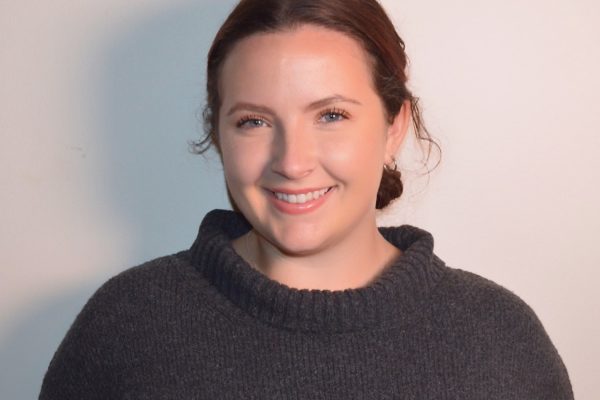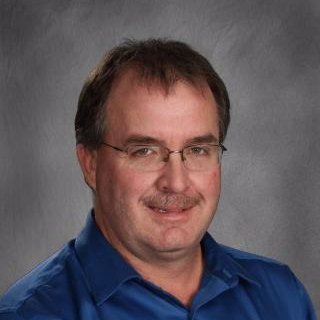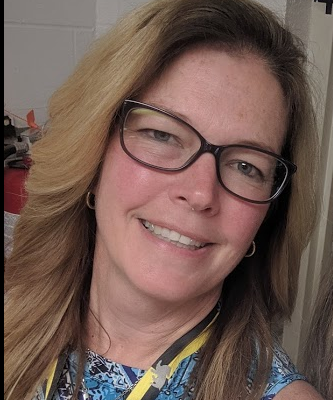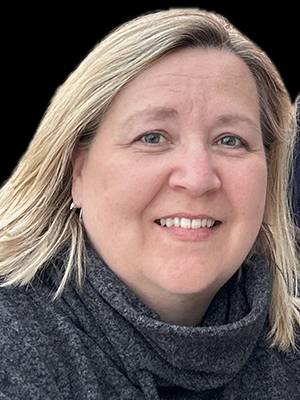
Tracy Sockalosky, Craig Juelis, Rayna Freedman, Alan November, Isa Kaftal Zimmerman
November Learning’s Building Learning Communities Conference was abuzz with education’s greatest challenge: the need to shift its course to meet the needs of an innovation driven society instead of the agrarian era on which the system was built. The focus of the conference was our collective goal of bringing educational practice forward, not on tools, technology or any particular pedagogical trend. Alan November is dedicated each year to gathering innovative thinkers who are dedicated in promoting positive educational environments and outcomes for students. The 2018 BLC Conference was no different. This four part blog post brings the themes of the conference together in an EPIC way. Engagement, Passion, Inquiry, and Connection encompassed those in attendance all week. Each OnCUE post will feature one of the four themes that tugged at our heart strings and our educator mindsets, and are themes that we are confident will be evident at the MassCue Annual Conference in October.
Inquiry – by Rayna Freedman & Tracy Sockalosky
Watching the “Future of Work” video and listening to Ted Dintersmith share his insight into the US education system during his Friday keynote, we confirmed that a professional focus we have had for several years is a worthy one – inquiry needs to be at the forefront of our pedagogy. Tasks that are “googleable” are not only boring, they do not enrich learning or promote skills that will make students employable. As Dintersmith so compellingly shared, googleable tasks, aka the rote drill and kill, reading and answering questions, and lecture style lesson design that is still so prevalent in our nation’s classrooms, not only prepare students for jobs that are being replaced by computers at an exponential rate, but also strips students of the opportunity to learn to think critically and grapple with complex problems and concepts.
Spending time with Sara Wilkie and Roy McCloud considering the Right Question Institute Question Formulation Technique, “QFT,”, allowed us to ask ourselves deeper questions about not only the value of questioning for our students, but to evaluate how often we really let our students sit with their own questions and continue to develop more questions to drive their own thinking. If we ask the questions for the students, how deep is student learning and introspection? In Sara and Roy’s session we discussed the fundamentals to foster deeper inquiry in our classrooms including pushing students to move from “close-ended questions” to “open-ended questions,” a core part of QFT.
Since the close of BLC we have had spent days reviewing our notes, reading blog posts written by other BLC educators reflecting on the conference, and reading books that were suggested during BLC. Continued conversations with friends about going gradeless and the power of reflection have created more questions for both of us about our own classroom design and ways to create deeper learning opportunities. With each question comes ideas and more questions. Allowing ourselves to mull over ideas and ask more questions is what makes us learners and therefore better teachers. Our students deserve the challenge and this opportunity inquiry provides.
Rayna Freedman is a fifth-grade teacher at the Jordan/Jackson Elementary School in Mansfield, Mass. She has taught grades 3-5 and is an ITS. She is president elect of MassCUE and has been presenting at annual conferences since 2010. She is a BrainPOP certified educator, Flipgrid Ambassador, Fablevision Ambassador, and advocate for teaching digital citizenship in the classroom. Rayna is a Level 2 Google Certified Educator. She serves on the Massachusetts DESE Digital Literacy and Computer Science Standards Panel. She can be found on Twitter @rlfreedm.
Tracy Sockalosky is 7th Grade Social Teacher and Social Studies Curriculum Leader at Wilson Middle School in Natick, MA. She is a member of the MassCUE Board of Directors and has been presenting at the annual conference since 2012. In her 18th year in education, Tracy has served as a classroom teacher and as an instructional technology specialist. She is a United States Holocaust Memorial Museum Teacher Fellow and USC Shoah Foundation Teacher Innovator. She has been a member of the EdCamp Boston organizing team since 2011 and is a huge proponent of unconferences and social media as a means of professional development for teachers. She can be found on Twitter @tsocko.
 Print this post
Print this post




